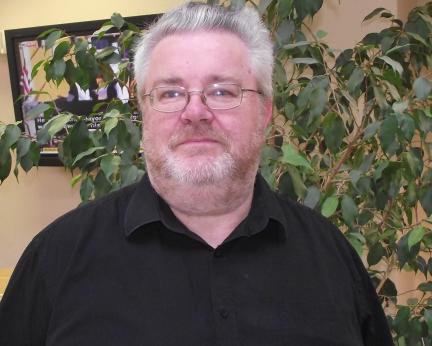I was my school's librarian, mainly as a way to avoid PE, but it also gave me a good grounding. I actually wanted to be a stage manager but a discussion with a friend’s father, an ex-actor, put me off so I decided to concentrate on becoming a librarian. If I am honest, I didn’t think it looked particularly challenging but as I later found out, I couldn’t have been more wrong.
I didn’t do as well with my A-levels as I had hoped so I spent 2 years as a trainee with Suffolk County Libraries and they let me work in every department including lending, music & drama, reference and mobile. I found I enjoyed the investigative and customer care aspects of the role.
I retook A-levels and studied librarianship at Leeds Polytechnic. Finding a library job in the early 1980s wasn’t easy but after a temporary post with Doncaster Institute of Higher Education, I applied to be nursing librarian at Ipswich Hospital's school of nursing. I was surprised to find how much I enjoyed it!
It was just me and two assistants and I was my own boss. I spent six years there, building the service – particularly for trained nurses – but felt it was time to move on. I was offered a District Librarian post in West Sussex, in one of the most-organised NHS library regions in the country. I’ve been here ever since. I could have got another job but I still enjoy the work the vast majority of the time. No two days are ever the same.





